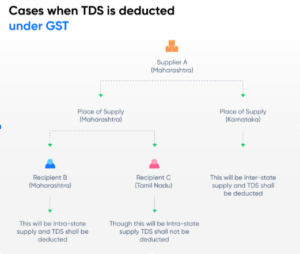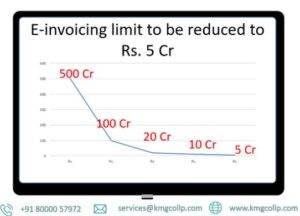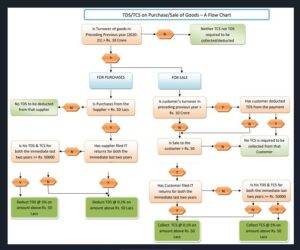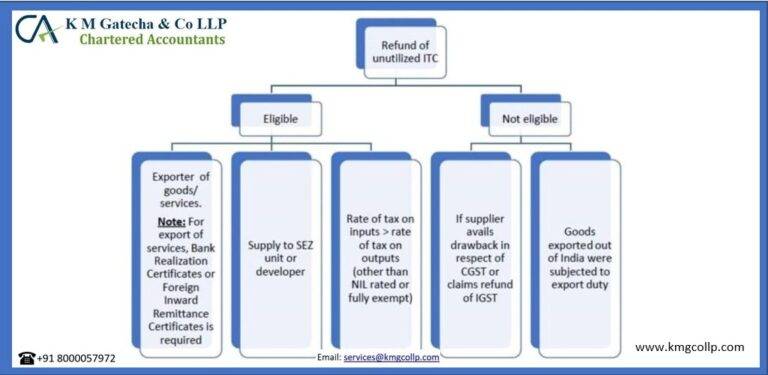
When a layperson wants to start a business, it’s often hard to decide which business structure is best for their new entity. An entrepreneur can choose from a variety of business structures, but the LLP and private limited company are the most popular choices. These are the normal support points for a business person to fabricate his domain, this article examines the choices that a business person ought to consider while framing a venture: –
PRIVATE LIMITED COMPANY: –
The most common type of business entity is a private limited company. There is no base capital prerequisite, just 2 chiefs and individuals are expected to integrate private restricted organization. It shields members from unlimited liability in the event of the company’s demise or closure. Mca has altered the registration procedure and made it simple to incorporate them.
ADVANTAGES: –
SEPARATE JURISDICTIONS: – In the eyes of the law, a private limited company is treated like an individual. The company can hold funds and other assets in its name. LIABILITY LIMITATIONS: obligation of investors in the event of private restricted organization are restricted up to how much shareholding.
PERMANENT SUCCESS: – Because a private limited company has independent identity and perpetual succession, it will not lose its identity even if its shareholders or owners pass away. The company will not be affected by the change in shareholding.
EASY TO FORM: – joining of private restricted organization is more straightforward. MCA has altered the registration procedure.
CAPITAL Necessity: – no base capital is expected for fuse of private restricted organization, presently organization can be integrated with any sum.
LLP: – The LLP ACT of 2008 established and incorporated LLP as a body corporate. Because it offers the advantages of both a private limited company and a partnership firm, the LLP is the preferred form of organization. Llp is a lawful element isolated from its accomplices. Each partner is only liable for their own contributions, and no partner is liable for the actions of another partner. Each partner will be accountable for their own performance.
Benefits: –
EASY TO FORM: A LLP is easier to start and run because there are fewer formalities involved. The formation of an LLP requires less time and effort and requires fewer legal compliances.
The minimum amount of money needed: – There is no minimum capital requirement for incorporating an LLP; rather, any amount of capital can be used to incorporate an LLP.
SEPARATE Legitimate Substances: – A limited liability company (LLP) is similar to a legal entity that is independent of its partners. In the eyes of the law, it has its own existence.
LLP V/S PRIVATE LIMITED COMPANY
DIVIDEND DISTRIBUTION TAX: – LLP are not required to pay dividend to its partners so Dividend Distribution Tax is not applicable on llp.
COMPARISON BETWEEN LLP AND PRIVATE LIMITED COMPANY: –
BASIS | COMPANY | LLP |
Registered under | Companies Act 2013 | Limited Liability partnership Act 2008 |
Directors required | Minimum -2 | Minimum designated partner-2 Maximum designated partner – not applicable |
Members required | Minimum -2 | Minimum -2 |
Minimum capital required | No minimum share capital required. | No minimum share capital required. |
Meetings | Minimum 4 board meetings required during financial year having 120 days gap between 2 meetings. | No requirement of partners meeting in llp. |
Abiding | Abiding by the aoa / moa of company. | Abiding by the llp agreement. |
Statutory audit | Mandatory | Not required unless partners contribution exceeds 25 lakhs and annual turnover exceeds 40 lakhs. |
Compliances | High legal compliances | Less legal compliances |
Tax structure | More complicated (dividend distribution tax has to be paid by company) | much easier (no dividend distribution tax) |
Reliability | more confidential | Less reliable |
investment | Companies has to go through with sections 73 and any other provisions and rules made their under. | There is no cap or criteria for the investment by any third party. |
FAQs
What distinguishes an LLP from a private limited company?
Two examples of such business structures are limited liability partnerships (LLPs) and private limited companies. India has long had private limited companies, or Pvt Ltd companies. Restricted Obligation Association (LLP) business structure was presented in India in 2008.
In India, what exactly is a Private Limited Company (Pvt Ltd)?
India has long had private limited companies, or Pvt Ltd companies. Restricted Obligation Association (LLP) business structure was presented in India in 2008. As a result, Pvt. Ltd. companies are more well-known and have been around longer than LLPs.
What distinguishes PLC and LLP from one another?
The Companies Act of 2013 and the LLP Act of 2008, respectively, regulate PLC and LLP as two distinct business entities. From the perspective of an entrepreneur who is just starting a new business, we will discuss the difference between a Private Limited Company and an LLP in this blog post.
Disclaimer: The materials provided herein are for informational purposes only and do not constitute legal, financial, or professional advice. Consult relevant laws and experts before acting on this information. Neither the author nor K M GATECHA & CO LLP is liable for any inaccuracies or omissions. This material is purely educational and not an advertisement or solicitation.
Disclaimer: The materials provided herein are for informational purposes only and do not constitute legal, financial, or professional advice. Consult relevant laws and experts before acting on this information. Neither the author nor K M GATECHA & CO LLP is liable for any inaccuracies or omissions. This material is purely educational and not an advertisement or solicitation.



Table of Contents
Toggle



































